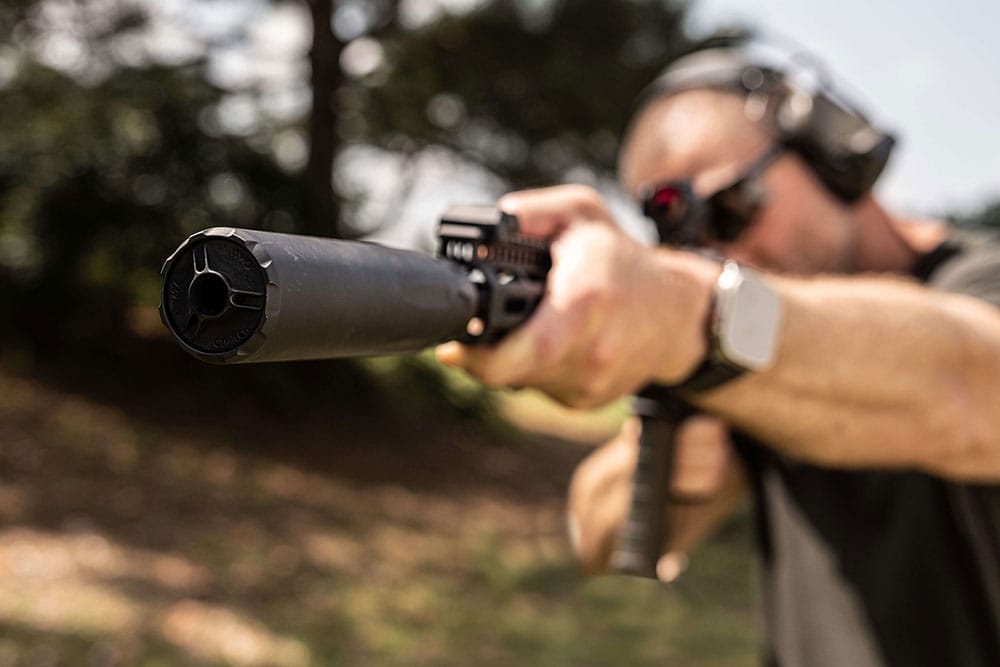Challenges in Legislative Reform for Suppressors
Overview of the Failed Reconciliation Bill
A recent reconciliation bill aimed at lowering the tax stamp fee for suppressors failed to secure enough support in the House of Representatives. This outcome was primarily attributed to the absence of key elements from the Hearing Protection Act (HPA) and the Stop Harassing Owners of Rifles Today (SHORT) Act.
The reconciliation process, unlike traditional legislation which requires a supermajority in the Senate, only necessitates a simple majority. With Republicans holding a majority in both congressional chambers, they could potentially pass the bill even without Democrat backing. Given that the United States Supreme Court previously classified the National Firearms Act (NFA) as primarily a tax law, adjustments are possible via reconciliation.
Specific Legislative Points of Concern
The HPA proposed removing suppressors from the NFA, subjecting them instead to the regulations of the Gun Control Act of 1968 (GCA). Such a change would eliminate the requirement for a tax stamp and registration with the Bureau of Alcohol, Tobacco, Firearms and Explosives (ATF)—a move many gun owners consider a step towards reducing unnecessary regulation.
Similarly, the SHORT Act aimed to exempt short-barreled rifles (SBR) and short-barreled shotguns (SBS) from the NFA’s registration requirements. The current regulations, established in 1934, mandated registration for firearms with specific barrel lengths, and critics argue that these provisions are outdated.
Political Dynamics and Future Prospects
During the markup process led by Republican David Kustoff (R-TN), revisions to the HPA were made. While the $200 tax stamp fee for suppressors was removed, the devices remained under the NFA, leading to frustration among gun owners who felt let down by the Republican leadership. Kustoff defended these adjustments by citing the Senate’s “Byrd Rule,” which limits reconciliation to tax-related measures.
Despite parliamentary concerns, some Senate members dispute this interpretation, suggesting that the removal of suppressors from the NFA would not contravene the Byrd Rule due to the Supreme Court’s classification of the NFA.
What’s Next for the Legislation?
With the recent vote failing, the budget committee is set to reconvene to restructure the bill this coming Sunday. There are high hopes among gun rights advocates that the new version will reintegrate necessary provisions from the HPA, potentially leading to the removal of suppressors from the NFA. Discussions suggest a vote could occur early next week, presenting a critical opportunity for legislative change.

